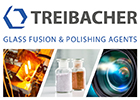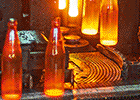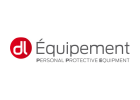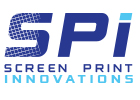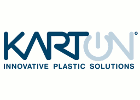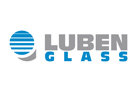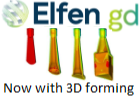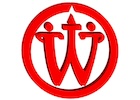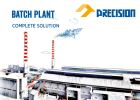The European Container Glass Federation’s (FEVE) discussed the sector’s decarbonisation strategy during a presentation at the Sustainable Industrial Manufacturing conference in Brussels yesterday.
The Federation, which represents the majority of container glass packagers in Europe, said a first step to closing the recycling loop is to fully recognise a product’s circular credentials.
General Secretary Adeline Farrelly, said “We advocate for due recognition of the unique assets of endlessly recyclable permanent materials such as glass.
“No matter how many times they’re recycled, permanent materials never lose their quality and fundamental characteristics; their collection should be encouraged and incentivised.”
More glass recycled means lower CO2 emissions.
As Adeline Farrelly told the audience at SIM Europe yesterday, alongside low-carbon furnaces, increasing the amount of glass collected for recycling is one of the container glass industry’s decarbonisation pathways:
“Our industry is strongly committed to implement a decarbonisation strategy which follows two main paths:
1) Targeting 80% of our CO2 emissions from the melting process by switching to renewable energy sources for the most energy-efficient production technologies, otherwise known as the Furnaces for the Future.
2) Targeting the remaining 20% of emissions per batch by increasing the collection of glass to 90% by 2030, and therefore increasing the recycled content”
Learn more about the Furnaces of the Future here: https://lnkd.in/dJx7kvY
And visit https://lnkd.in/g7BqeFC (Close The Glass Loop) to learn about the multi-stakeholder recycling platform aiming to boost glass recycling rates to 90% by 2030.



